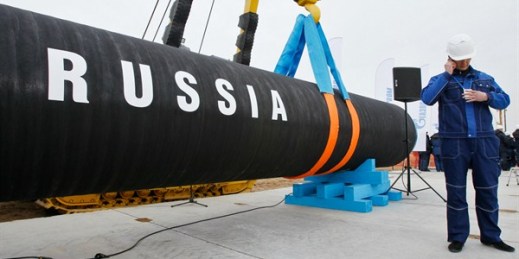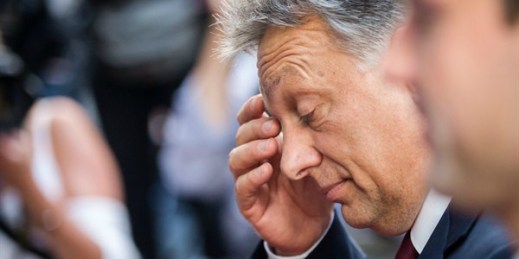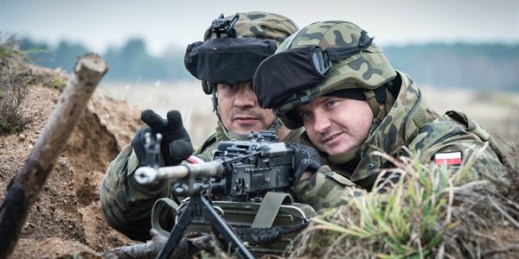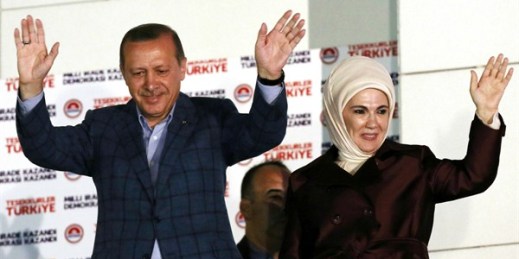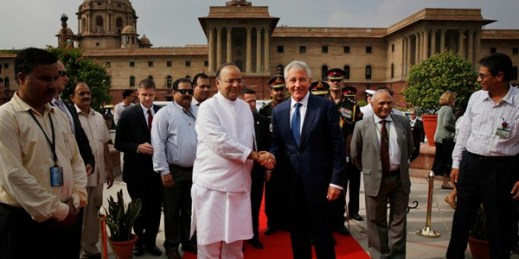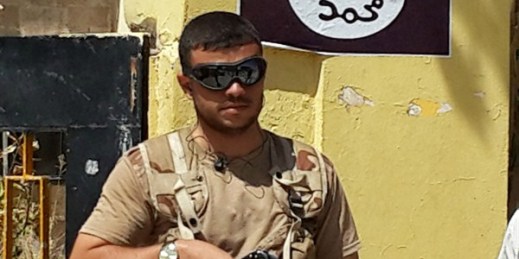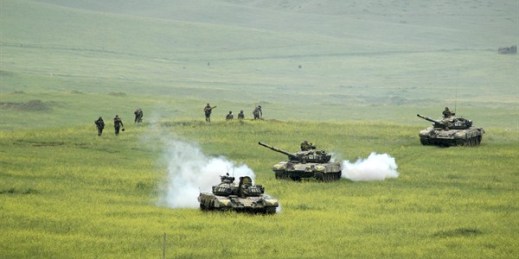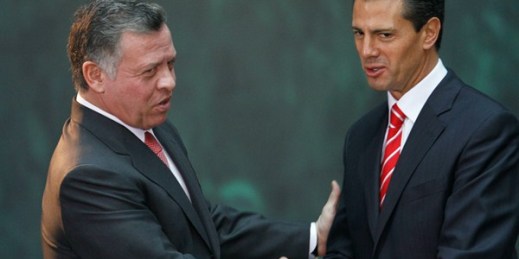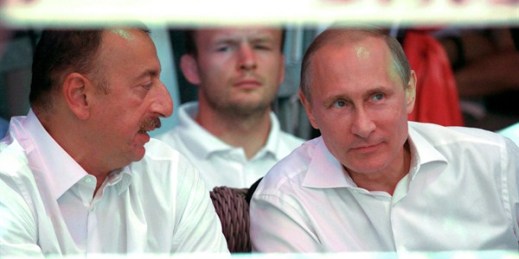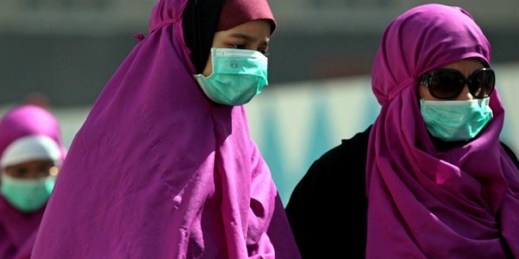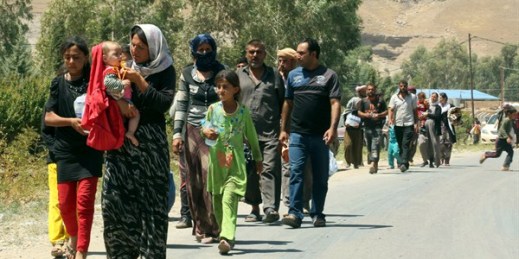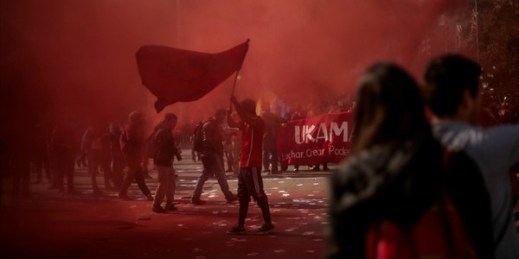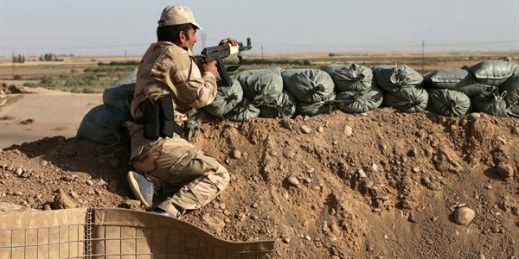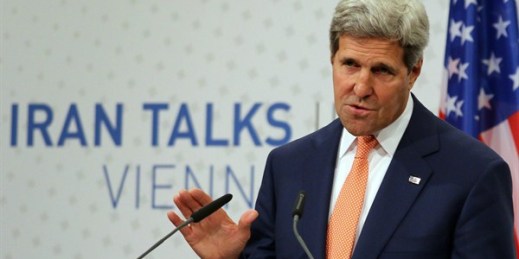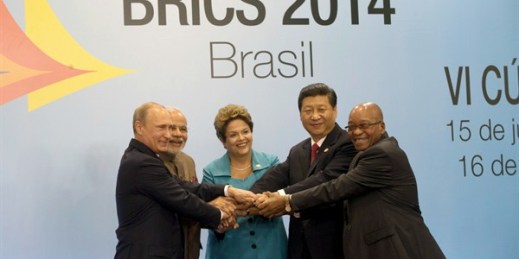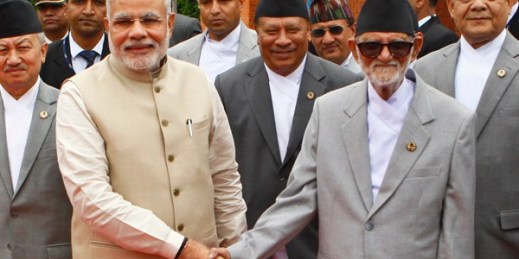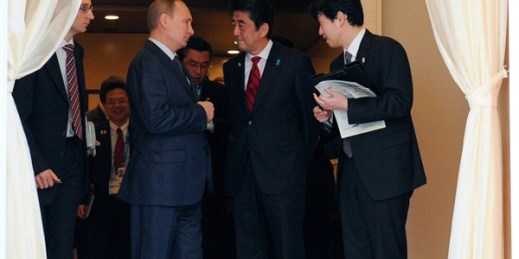
One of Japanese Prime Minister Shinzo Abe’s main objectives since returning to office has been to improve relations with Russia, a goal also sought by Moscow. Both governments want to enlarge their diplomatic options and gain leverage with third parties as well as achieve mutually beneficial bilateral economic and energy deals. The two sides’ territorial dispute over the Russian-administered Southern Kurils, which the Japanese call their Northern Territories, has long stood in the way of improved ties. Because of the dispute, for instance, Japan and Russia have yet to sign a peace treaty formally ending the state of war between […]

